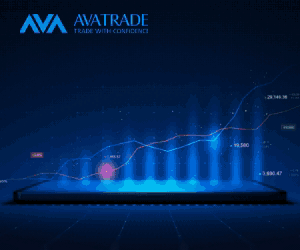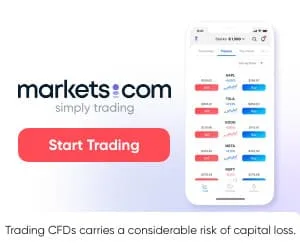| Country | Regulator |
|---|---|
| Australia | Australian Securities and Investment Commission (ASIC) |
| Canada | Investment Industry Regulatory Organization of Canada (IIROC), British Columbia Securities Commission (BCSC), Ontario Securities Commission (OSC) |
| Cyprus | Cyprus Securities and Exchange Commission (CySEC) |
| Denmark | Danish FSA |
| France | Banque de France (BDF), Autorité des Marchés Financiers (AMF), Autorité de Contrôle Prudentiel (ACP) |
| Germany | Federal Financial Supervisory Authority (FFSA) |
| Hong Kong | Securities and Futures Commission (SFC) |
| India | Reserve Bank of India (RBI) |
| Indonesia | Badan Pengawas Perdagangan Berjangka Komoditi |
| Italy | Commissione Nazionale per le Società e la Borsa (CONSOB) |
| Japan | Financial Services Agency (FSA), Japan Investor Protection Fund (JIPF), The Financial Futures Association of Japan (FFAJ), Japan Securities Dealers Association (JSDA), Kanto Local Finance Bureau (KLFB) |
| Macau | Monetary Authority of Macau (AMCM) |
| Malaysia | Bank Negara Malaysia (BNM) |
| New Zealand | Financial Markets Authority (FMA) |
| Russia | The Financial Market Relations Regulation Center (FMRRC) |
| Singapore | Singapore Exchange (SGX), Monetary Authority of Singapore (MAS) |
| South Africa | Financial Services Conduct Authority (FSCA) |
| Spain | Comisión Nacional del Mercado de Valores (CNMV) |
| Sweden | Swedish Financial Supervisory Authority (Finansinspektionen) |
| Switzerland | Swiss Financial Market Supervisory Authority (FINMA), Groupement Suisse des Conseils en Gestion Indépendants (GSCGI), Polyreg, Association Romande des Intermediares Financiers (ARIF), Swiss Federal Department of Finance (FDF), Organisme d'autorégulation des Gerants de Patrimoine (OAR-G) |
| United Arab Emirates | Central Bank of the United Arab Emirates (CBUAE), Dubai Financial Services Authority (DFSA) |
| United Kingdom | Financial Conduct Authority (FCA) |
| United States | Commodities and Futures Trading Commission (CFTC), FINRA, New York Stock Exchange (NYSE), Office of the Comptroller of the Currency (OCC), Securities and Exchange Commission (SEC) |
Forex trading regulations by country
Regulations are formed to protect consumers from the naturally risky nature of day trading. These regulators control all activities and events that take place in the Forex and financial industry. Below find a list of the world’s major regulatory bodies for the foreign exchange market broken down by country as well as the main benefits of trading with a regulated broker.
Benefits of trading with a regulated broker
- Transparency – if the broker is regulated, it can not manipulate trades.
- Insurance – if your broker goes bust, you can expect to get at least some of your funds back.
- Anti-money laundering – money laundering is an issue that plagues governments across the world and is partly responsible for financing illegal activity.
- Risk-Warnings – your broker will have to display clear risk warnings before you sign up for an account.
- Leverage limits – regulatory bodies enforce maximum leverage limits to prevent individuals from borrowing excessive amounts.
- Segregation – brokers must keep all operating capital separate from clients funds to ensure your broker honours withdrawal requests and can always afford to pay you.
Get access to the financial markets in 3 simple steps
Step 1
Choose a broker from the list to partner up with.
Step 2
Visit broker’s website and open a trading account.
Step 3
Start trading the global markets with safety.
Choosing the right broker
It’s important to have confidence in your broker, devote more time and attention to analysis and developing strategies. Conducting research before committing to a broker is crucial, and can increase the odds of success in such a competitive market.
Read more



